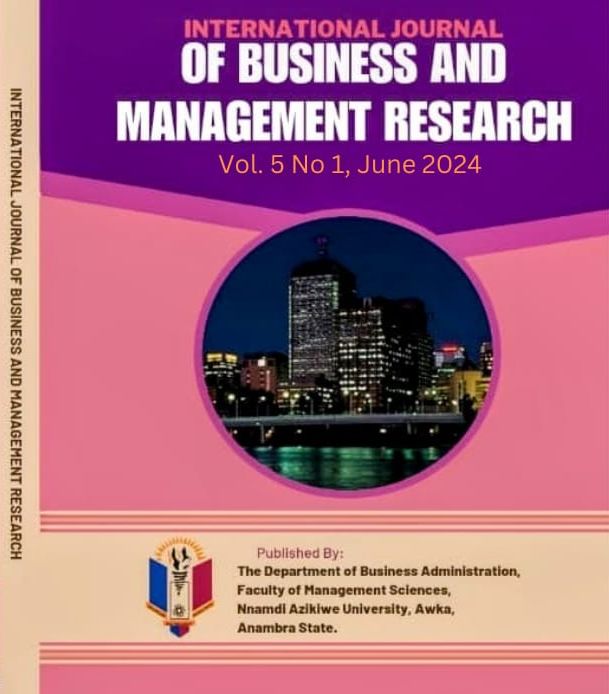THE CHANGE AGENDA OF MUHAMMED BUHARI ADMINISTRATION AND SOCIOECONOMIC DEVELOPMENT IN NIGERIA 2015-2023
Keywords:
Change Agenda, Socio-economic Development, Multidimensional Poverty, Nigeria.Abstract
This paper explores “the Change Agenda” of former President Muhammed Buhari Government which was outlined in 2015 as he assumed office for the purpose of Socio-economic Development in Nigeria from 2015-2023. The paper begins with the outlines of the strategies and policies proposed in the Agenda, which include investment in human capital, health care, energy, infrastructure, education, security, governance agriculture and industry. The work evaluates the extent to which the agenda as implemented leads to socio-economic impact or benefit for the nation. Finally, it concludes with discussion of the potential challenges to the effective implementation of the change agenda and identifies possible ways to overcome them. The study is primarily qualitative and utilized secondary sources of data collection which is aided with key informant interviews and social exclusion theoretical method while the data collated were analyzed with textual data analysis. Overall, the study finds that former President Muhammed Buhari’s Change Agenda implemented several measures that should lead to socio-economic development in Nigeria from 2015-2023 in many critical areas of the economy especially in areas of human capital, health care, energy, infrastructure, education, security, governance, agriculture and industry. Regrettably, the paper finds out that the Agenda failed in most of the critical areas as the country witness a multidimensional poverty during the period. The study identified potential challenges in the implementation process which include lack of sufficient resources, endemic corruption, insecurity and inefficient bureaucracy. The paper therefore, recommend diversification of economy majorly in agricultural sector, adoption of bottom-up development model, reduction of cost of governance and building of strong institutions and genuine fight against corruption in Nigeria for sustainable socio-economic development.




